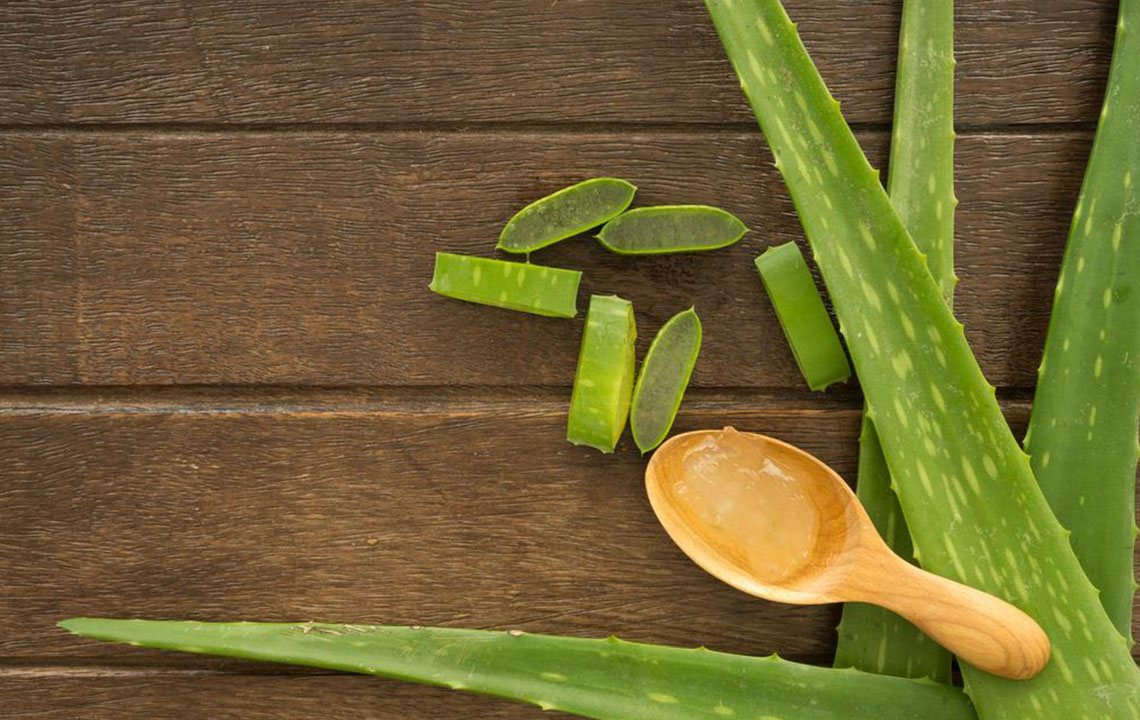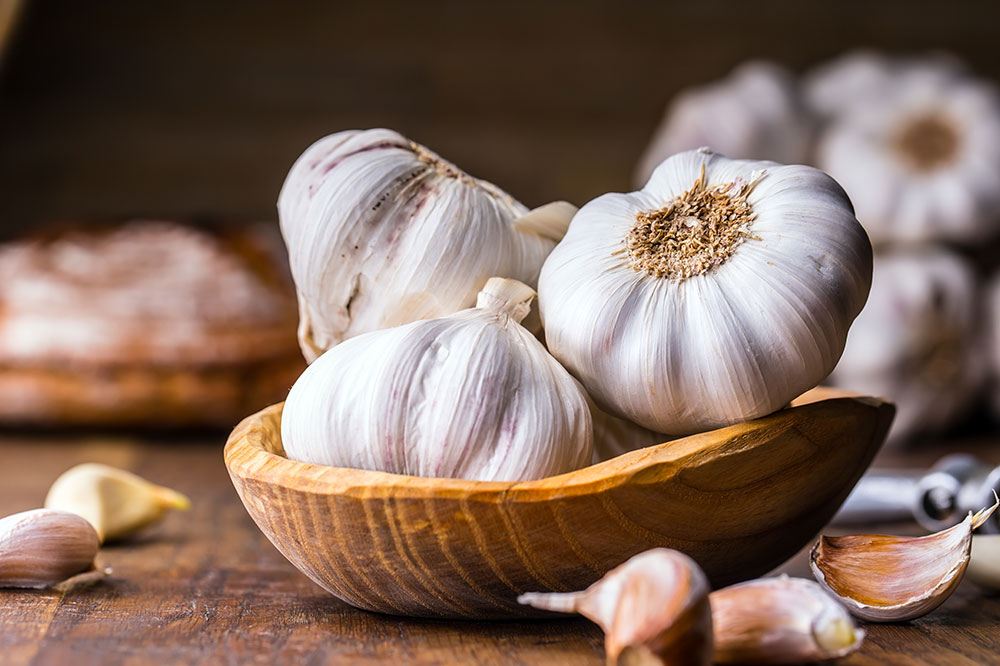Natural Strategies for Managing Uterine Fibroids
Discover natural ways to manage and prevent uterine fibroids through dietary adjustments, lifestyle changes, herbal remedies, and environmental awareness. These safe, effective strategies aim to restore hormonal balance, reduce symptoms, and promote reproductive health without side effects. Prioritize organic foods, regular exercise, and natural supplements, and consult healthcare professionals for personalized advice. Embrace a holistic approach to fibroid care with minimal risk and improved well-being.

Effective Natural Methods to Manage Uterine Fibroids
What are uterine fibroids? These benign growths develop within the uterine walls, potentially altering the uterus's size and shape and causing various discomforts. Some women, however, experience no symptoms at all. Preventive care using natural approaches can help reduce the likelihood of fibroid development, promoting overall reproductive health.
Managing blood pressure is crucial, as high blood pressure is strongly linked to increased fibroid risk, especially in menopausal women. While certain risk factors are beyond control, lifestyle modifications can significantly lower the chances of fibroid growth.
The common signs of fibroids include:
Heavy menstrual bleeding
Menstrual periods lasting over a week
Abdominal or pelvic bloating
Frequent urination
Pelvic pain or pressure
Difficulty emptying the bladder
Pain during intercourse
Constipation
Leg pain or backaches
Reproductive difficulties, such as infertility or miscarriages
Adopting hormone-friendly habits can be vital in managing fibroids naturally. Consider these strategies:
Limit foods that exacerbate fibroid growth:
Processed high-fat meats — which contain unhealthy fats and additives, worsens fibroid conditions.
Non-organic dairy — may include steroids or chemicals that disrupt hormonal balance.
Refined sugar — increases pain, hampers immunity, contributes to weight gain, and hormonal imbalance.
Refined carbohydrates — should be minimized to prevent fibroid progression.
Reduce alcohol and caffeine intake:
Alcohol fuels inflammation and weakens immunity, promoting fibroid growth. Caffeine elevates estrogen, further disrupting hormonal balance and stressing the liver, which is not advisable for fibroid management.
Enhance your diet with fibroid-fighting foods:
Organic produce — reduces hormone-disrupting pesticides.
Green leafy vegetables — packed with vitamins that inhibit fibroid growth.
Cruciferous vegetables like broccoli and cabbage — detoxify the liver and regulate estrogen levels.
Iron-rich foods — combat anemia caused by heavy bleeding.
Whole grains such as oats, ragi, and brown rice — preferable over refined grains.
Supplement wisely:
Consult healthcare professionals before starting supplements like vitex, fish oil, B vitamins, progesterone creams, or milk thistle to promote hormonal balance and fibroid reduction.
Additional natural remedies include:
Essential oils — clary sage oil can help balance hormones and act as an antidepressant; apply twice daily on the lower abdomen.
Herbal teas — decrease inflammation and rebalance hormones, alleviating symptoms.
Castor oil packs — boost circulation, aiding detoxification and reducing constipation, which may help shrink fibroids.
Environmental toxin avoidance — choose organic products, avoid pesticides, synthetic fertilizers, preservatives, and artificial dyes to prevent hormone disruption.
Regular exercise — critical for fibroid prevention and overall reproductive health.
While most fibroids are harmless, seeking medical advice is recommended if you notice symptoms. With proper natural care, a positive attitude, and lifestyle changes, fibroids can diminish or disappear, with no adverse side effects.










